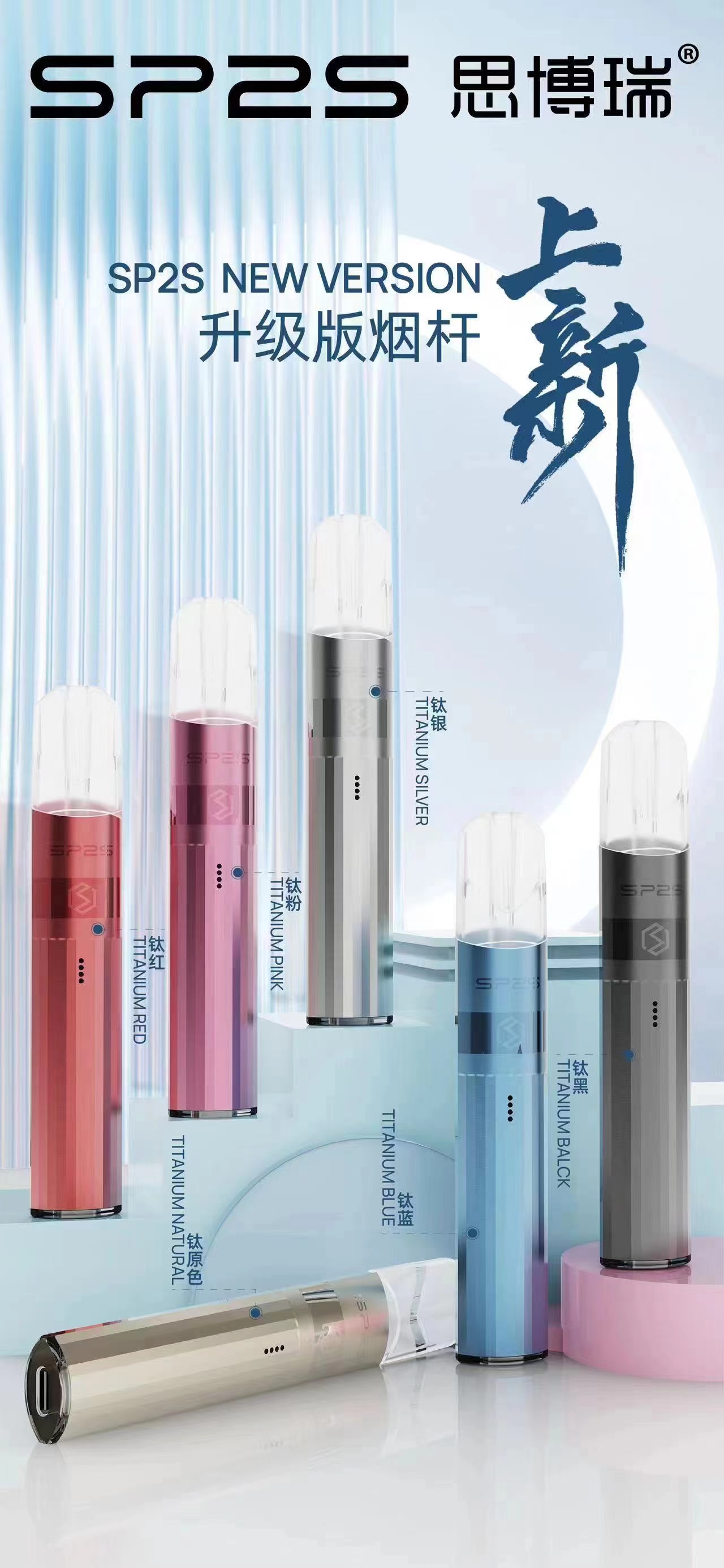This comprehensive guide will walk you through the step-by-step process of hiring a domestic helper, including the necessary documentation and legal requirements.If you want to make a big difference in the market, Maid agency It is necessary to intensify the upgrading of products on the original basis in order to meet the consumption needs of consumers. https://1achieve.net
ESSENTIAL KNOWLEDGE
7/24/20246 min read
Domestic maid in modern living room in Singapore
Step-by-Step Guide on How to Hire a Domestic Helper
1. Determine Your Needs
The first step in hiring a domestic helper is to assess your household’s specific needs. Determine what tasks the helper will be responsible for, such as:
- Cleaning: General housekeeping duties including vacuuming, mopping, dusting, and laundry.
- Cooking: Meal preparation and kitchen duties, which may also include grocery shopping.
- Childcare: Taking care of children, including feeding, bathing, and supervising their activities.
- Elderly Care: Assisting elderly family members with daily tasks, administering medication, and ensuring their well-being.
- Pet Care: Looking after pets, which may include feeding, walking, and grooming.
Understanding your specific needs will help you select the right candidate who possesses the skills and experience to fulfill these tasks.
2. Budgeting and Salary
Establishing a budget is crucial before embarking on the hiring process. The monthly salary of a domestic helper in Singapore varies based on factors such as the helper¨s experience and nationality. On average, salaries range from SGD 450 to SGD 600.
In addition to the salary, consider other expenses such as:
- Food and Accommodation: Helpers are entitled to adequate food and a suitable living space.
- Medical Insurance: Mandatory coverage of at least SGD 15,000 per year for inpatient care and day surgery.
- Levy: Monthly levy payment to the Ministry of Manpower (MOM). Rates vary depending on the household¨s needs.
- Security Bond: A financial guarantee to the Singapore government, typically SGD 5,000 for non-Malaysian helpers.
3. Selecting an Employment Agency
Choosing a reputable maid agency registered with the Ministry of Manpower (MOM) can simplify the hiring process. Agencies handle much of the paperwork and can provide candidates that match your requirements. When selecting an agency, consider the following:
- Reputation: Research the agency¨s track record and read reviews from other employers.
- Services Offered: Ensure the agency provides comprehensive services, including medical check-ups, training, and documentation assistance.
- Fees: Understand the agency¨s fee structure and any additional costs involved.
4. Interview Potential Helpers
Conducting interviews is a crucial step to ensure you find a suitable domestic helper. Prepare a list of questions to assess the candidate¨s experience, skills, and compatibility with your family. Some important aspects to consider during the interview include:
- Work Experience: Ask about their previous employment, specific tasks they handled, and the duration of their employment.
- Skills: Evaluate their proficiency in tasks relevant to your needs, such as cooking, cleaning, or childcare.
- Language Proficiency: Communication is key, so ensure the candidate has a reasonable command of a language you and your family are comfortable with.
- Personality and Compatibility: Consider whether the candidate¨s personality and values align with your family¨s dynamics.
5. Medical Examination
Before hiring, ensure the candidate undergoes a medical examination to confirm they are fit for work. This is a mandatory requirement by MOM. The medical examination typically includes:
- Health Screening: General health assessment to check for any pre-existing conditions.
- Infectious Disease Tests: Tests for infectious diseases such as tuberculosis, HIV, and hepatitis.
6. Apply for a Work Permit
Once you¨ve selected a candidate, the next step is to apply for a work permit. This can be done through MOM¨s website. The application process involves:
- Filling out the Application Form: Provide necessary details about yourself and the helper.
- Paying the Application Fee: The fee varies and is payable online.
7. Purchase Medical Insurance and a Security Bond
It¨s mandatory to purchase medical insurance and a security bond for the helper.
- Medical Insurance: Coverage should be at least SGD 15,000 per year for inpatient care and day surgery. This ensures the helper has access to medical care if needed. [Please refer to MOM website for the latest required coverage amount LINK” target=_blank>
- Security Bond: A financial guarantee to the Singapore government, usually SGD 5,000 for non-Malaysian helpers. This bond can be in the form of a banker¨s guarantee or insurance.
8. Orientation Program
Both you and your helper must attend the Settling-In Programme (SIP) and Employers’ Orientation Programme (EOP) [LINK” target=_blank> . The SIP is a one-day course designed to educate first-time helpers and employers on safety, rights, and responsibilities. The program includes:
- Safety Training: Teaching helpers about safe working practices and accident prevention.
- Rights and Responsibilities: Educating both parties on their legal rights and responsibilities.
- Cultural Orientation: Helping helpers adapt to the cultural norms and practices in Singapore.
9. Arrival and Settling In
Once all the documentation is in place, arrange for the helper¨s arrival in Singapore. Upon arrival, it¨s important to provide a smooth settling-in process. Consider the following:
- Orientation: Introduce the helper to your home and the surrounding area. Explain household routines and rules.
- Expectations: Clearly outline the helper¨s duties, working hours, and rest days. Establish open communication to address any concerns or questions.
- Support: Provide the helper with necessary supplies, such as toiletries and work-related tools. Offer assistance in adapting to the new environment.
10. Ongoing Management
Maintaining a positive working relationship with your helper requires ongoing management. Here are some tips:
- Regular Communication: Keep an open line of communication to address any issues or misunderstandings promptly.
- Fair Treatment: Treat your helper with respect and fairness. Ensure they have adequate rest, reasonable working hours, and proper living conditions.
- Compliance with Regulations: Stay informed about MOM regulations and ensure compliance. This includes timely renewal of work permits, paying the monthly levy, and providing medical insurance.
Necessary Documentation and Legal Requirements
1. Work Permit Application
The work permit application involves several documents and steps:
- Completed Application Form: Available on MOM¨s website.
- Copy of the Helper¨s Passport: Ensure it¨s valid for at least 7 months.
- Employment Contract: A contract signed by both parties outlining the terms of employment, salary, rest days, and other conditions.
- Medical Examination Report: A report confirming the helper is fit for work.
2. Medical Insurance
You must purchase medical insurance that covers at least SGD 15,000 per year for inpatient care and day surgery. This ensures that the helper has access to necessary medical care without financial strain on either party.
3. Security Bond
A security bond of SGD 5,000 is required for non-Malaysian helpers. This bond acts as a financial guarantee to the Singapore government. It can be in the form of a banker¨s guarantee or insurance. The security bond ensures compliance with MOM regulations and covers any potential repatriation costs if the helper breaches the terms of employment.
4. Settling-In Programme (SIP)
The Settling-In Programme is mandatory for first-time helpers and employers. The one-day course includes:
- Safety and Health Practices: Training on workplace safety and health.
- Rights and Responsibilities: Information on the legal rights and responsibilities of both employers and helpers.
- Cultural Adaptation: Guidance on adapting to the cultural norms and practices in Singapore.
5. Monthly Levy
Employers are required to pay a monthly levy to MOM. The levy rates vary based on the type of household and whether the helper is caring for children, elderly, or disabled family members. Levy rates are typically lower for households with dependents who need care.
6. Employer¨s Orientation Programme (EOP)
First-time employers must attend the Employer¨s Orientation Programme. This program can be completed online or in person and covers:
- Responsibilities as an Employer: Understanding your obligations and responsibilities as an employer.
- Employment Regulations: Information on MOM regulations and how to comply with them.
- Conflict Resolution: Strategies for managing conflicts and maintaining a positive working relationship with your helper.
7. Employment Contract
An employment contract is a legally binding document that outlines the terms of employment. It should include:
- Duties and Responsibilities: A detailed list of the helper¨s duties and responsibilities.
- Salary: The agreed monthly salary and any additional allowances.
- Rest Days: The number of rest days per month and compensation for working on rest days.
- Working Hours: The expected working hours and any overtime policies.
- Termination Clause: Conditions under which the employment contract can be terminated by either party.
8. Rest Days and Overtime
Helpers are entitled to at least one rest day per week. If the helper agrees to work on a rest day, they must be compensated with extra pay or given another rest day in lieu. Ensure that the employment contract clearly outlines the rest day policy and compensation for overtime work.
Conclusion
Hiring a domestic helper in Singapore involves several steps and adherence to legal requirements. By following this comprehensive guide and ensuring all necessary documentation is in place, you can smoothly navigate the hiring process and establish a positive working relationship with your domestic helper.
Remember, a harmonious employer-helper relationship is built on mutual respect, clear communication, and compliance with regulations. Taking the time to understand and fulfill your responsibilities as an employer will create a positive environment for both you and your helper.
—
Feel free to ask if you need more details or have specific questions about any part of the process!


